“Change is the only constant,” Chelsea Stickle writes in “Worship What Keeps You Alive”, the first flash fiction piece of her chapbook. This quote perfectly encapsulates Everything’s Changing, where nothing’s as it seems. The world has changed and the possibilities are endless in Stickle’s book, but one thing is as prevalent in this book as it is in society, and that’s the struggles of women and girls. Stickle uses absurdities throughout the book to tell stories, depicting women attempting to navigate a world that doesn’t like nor respect them. The problems women face are often overlooked, but Stickle reimagines these problems and tells them in a way that’ll have readers begging for more.
0 Comments
Katya Zinn’s first published full-length collection of stories, essays, and poems, titled Manic Depressive Pixie Dream Girl, is an extreme exercise in examining the damage done to women by capitalism, social constructs, neurodivergence, and the patriarchy—to name a few.
Zinn is hardly the first woman to notice that gender—and the stereotypes it forces people to contend with—can have a tragic impact on females. Women, after all, are statistically far more likely to be sexually assaulted, have undiagnosed mental illnesses, and be victims of intimate partner violence. Zinn’s collection, which is broken into multiple parts, touches on all of these circumstances.
Hostage: a person seized and used as security for the fulfillment of a condition. Someone who is specifically held captive so that other people will act according to the will of their captors. So what does poet Laura McCullough mean when she likens women to hostages in her newest poetry collection?
Women and Other Hostages is McCullough’s seventh and most recent collection of poetry. Excluding her prologue piece, this collection is split into five separate sections for the reader to view. Her poems act as a looking glass, allowing the reader to experience the world from an entirely female perspective and see the joys and struggles of the everyday woman. The myriad of poems she presents display a range of emotions from the freedom of selfhood found in “Women & The Syntactical World” to the unquestionable pain demonstrated in “The Will.” McCullough pours her soul into each piece and proudly displays her own battles to bolster others.
“How have our feminist practices, beliefs, and ideals grown and changed as we have, and what does it mean to be a feminist at this moment in our lives?” (11)
It is with this insightful question proposed by Eleanor C. Whitney, that I begin to praise her latest book Riot Woman: Using Feminist Values to Destroy the Patriarchy. In this memoir, Whitney walks us through her experience of figuring out her feminist agenda through punk rock bands, zines, and the Riot Grrrl movement, which inspired her to become the activist and writer she always aimed to be: “From those words, sung, written and spoken, I began to see that life did not have to happen to me as a woman, but I could empower myself to chart my own course, discover and build community, and proactively make decisions to shape my life” (182). The memoir is a collection of essays that shows the importance of intersectional feminism for the LGBTQ+ community and for Black women, and practicing a feminism that is inclusive and hands-on.
On her dedication page, Cherene Sherrard indicates her poetry collection, Grimoire, is “[f]or the mothers.” I am left with the following question: what makes a mother a “mother?” Is it the nine months of carrying a child in the womb, giving birth, and then raising said child? Or is it simply the act of loving a child, despite not ever meeting them due to gestation or birth complications?
I ask this question because many of the speakers in Grimoire are childless, either due to miscarriages, complications, or stillbirths. Are they included in Sherrard’s dedication to “mothers”? Can they even be considered mothers without living children? These mothers in Grimoire, who have lost their babies, are Black mothers in America, and for many, they have lost their babies due to factors out of their control such as miscarriages and institutionalized racism. |
Archives
July 2024
Categories
All
|
|
Glassworks is a publication of Rowan University's Master of Arts in Writing 260 Victoria Street • Glassboro, New Jersey 08028 [email protected] |
All Content on this Site (c) 2024 Glassworks
|

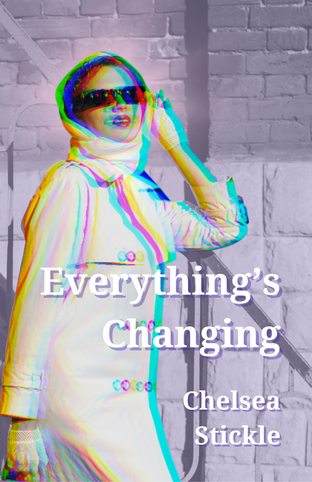
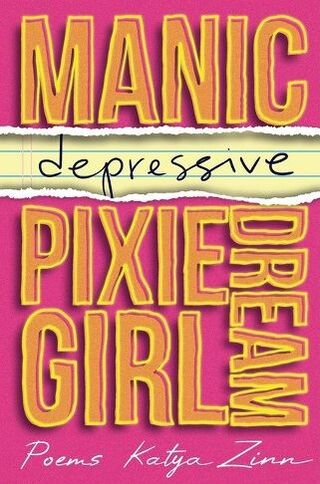
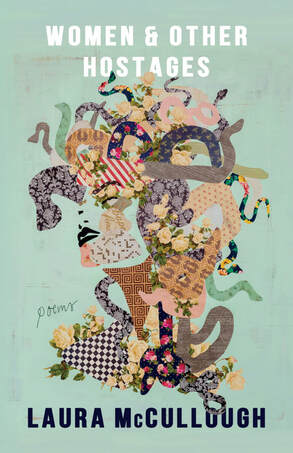
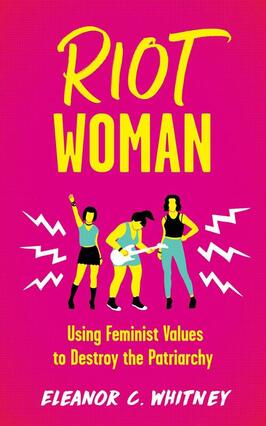
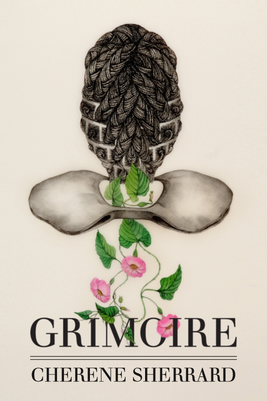
 RSS Feed
RSS Feed
